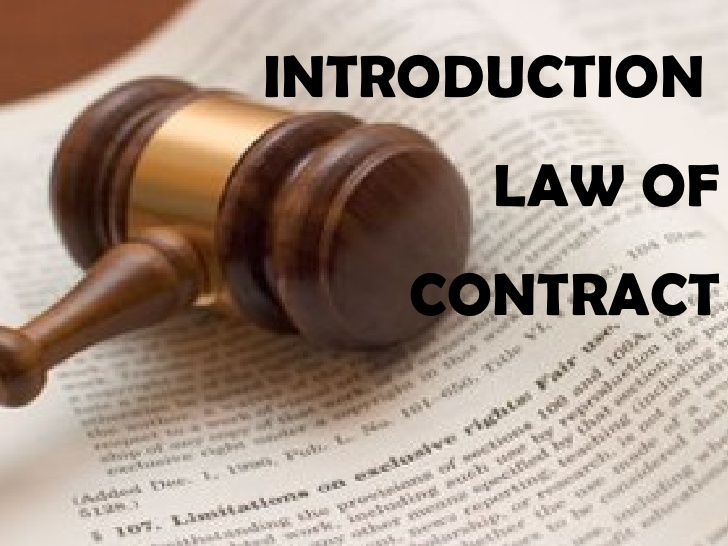Hello my reader friends. In this blog I am sharing the General Introduction about the Law of Contact. Also I have listed the essentials of a valid contract which are discussed in detail in the individual blogs which you can find by clicking on the respective characteristic name. Also the legal maxims related to this article are discussed in detail in another blogs which you can find by clicking on that legal maxim.

Image Credit: www.lawordo.com
Promise & Agreement:
A promise is a proposal when accepted. Means a proposal when accepted becomes a promise. Or an offer when accepted becomes a promise.
Promise = offer + acceptance.
But such offer if has consideration for each parties then it will become an agreement. Agreement is defined as every promise or every set of promises, forming consideration for each other.
Agreement = promise + consideration for all parties.
Contract
A contract starts with an agreement. All contracts are agreements but all agreements are not contacts. There should be a legal obligation in an agreement to become a contract.
A contract is the foundation of a civilised world. The law relating to contracts in India is contained in Indian Contract Act, 1872. A Contract is simply an agreement between two or more persons to do something. Each contract creates a binding duty on the contracting parties. The Indian Contract Act deals with the enforcement of these rights and duties upon the parties in India.
e.g. A social agreement such as going to movie together or a visit to a pick-nick spot are not contracts as they do not contain any legal obligations on the parties.
Meaning
In short a contract is an agreement between two or more parties which the law will enforce. A Contract is a legally binding agreement that exists between two or more parties to do or abstain from doing something. Contract is an official agreement. It could be written or even be in oral. Contracts can be written by using formal or informal terms, or entirely verbal or spoken. It is a promise made between two or more parties that which allow the courts to make judgement. If one of the parties refuses to perform the contract, the other party can take an action in a court of law against such party.
Definition
According to Section 2(h) of the Indian Contract Act, 1872, " An agreement enforced by law is a contract."
Salmond defined as, "a contract is an agreement creating and defining obligations between the parties."
Pollock- “Every agreement and promise enforceable by law is a contract”.
Anson- “The law of contract is that branch of law which determine the circumstances in which a promise shall be legally binding on the person making it’.
Mathematical equation of a contract:
Contract = Agreement + Enforceability at law.
Illustration-
1) There is an agreement between A and B that A will construct a house for B, and B will pay Rs. 10 lakhs to A.The agreement between A and B is a contract because it is enforceable by law.
Essential elements of a valid contract:
Section 10 of the Indian Contract Act 1872 describes a valid contract which reads as under:-
10. All agreements are contracts if they are made by the free consent of parties competent to contract, for a lawful consideration and with a lawful object, and are not hereby expressly declared to be void.
Nothing herein contained shall effect any law in force in India and not hereby expressly repealed by which any contract is required to be made in writing or in the presence of witnesses, or any law relating to the registration of documents.
An agreement becomes enforceable by law when it fulfills essential conditions. These conditions may be called the essentials of a valid contract. Thus in order to become a contract, an agreement must have following essential elements:-
9) Certainty
Consensus Ad Idem:
Consensus Ad Idem is a Latin phrase which broadly can be used as, "unless there is consensus ad item, there can be no contract. Thus the parties to the agreement must have agreed about the subject matter of the agreement in the same sense and at the same time.
Thanks for reading till the end. Please share this blog and subscribe it for e-mail notifications.
No comments:
Post a Comment